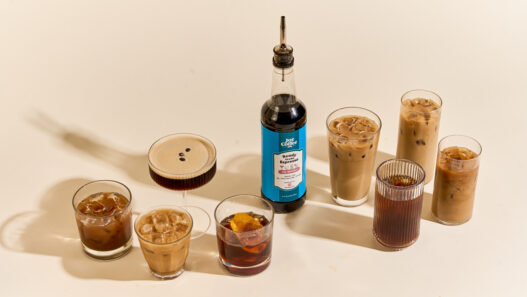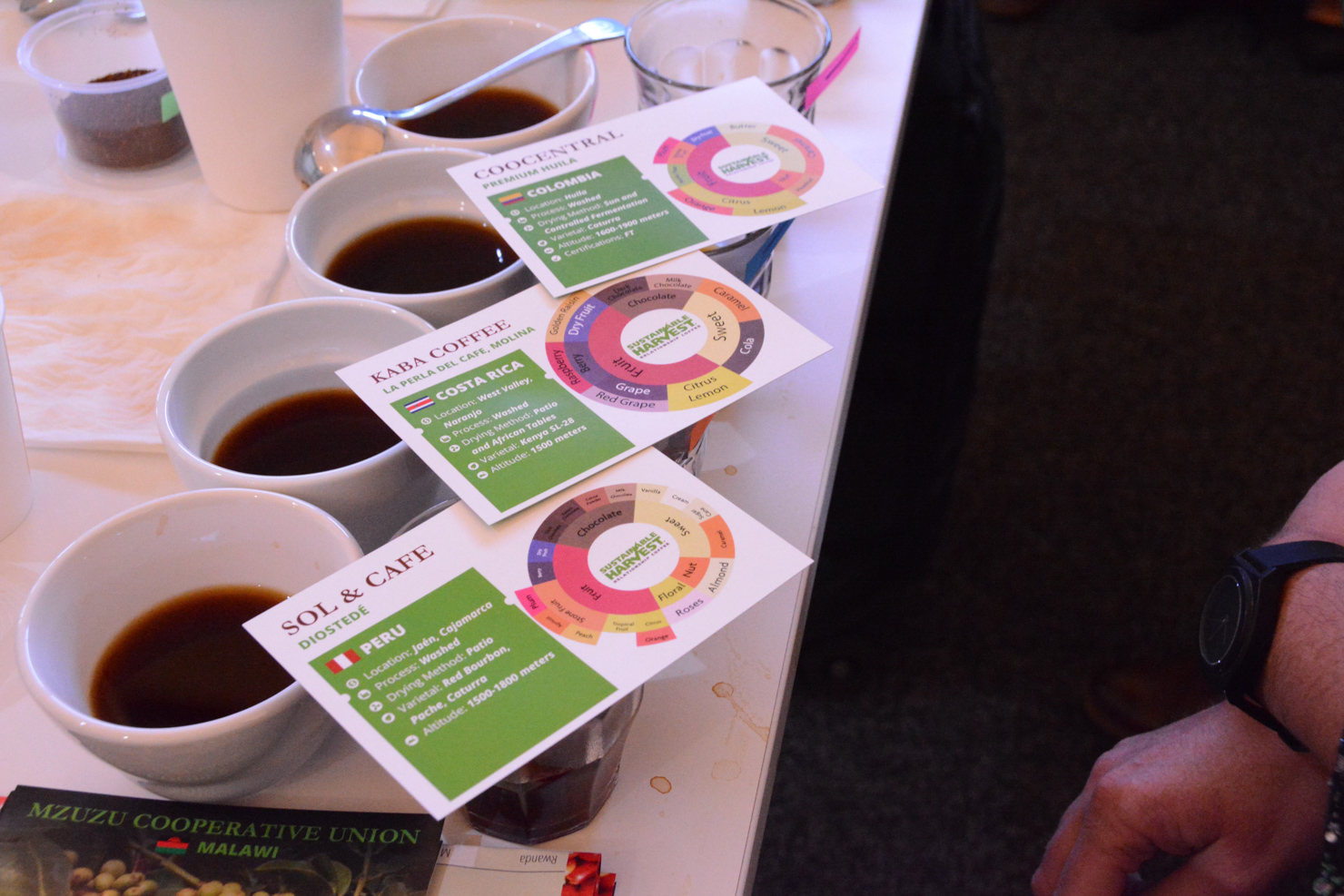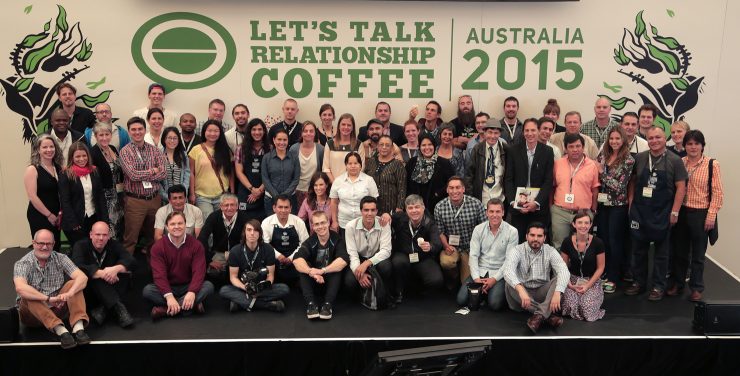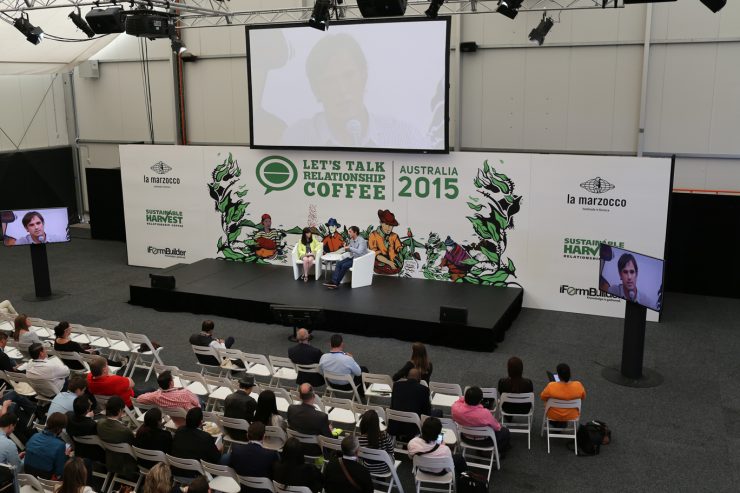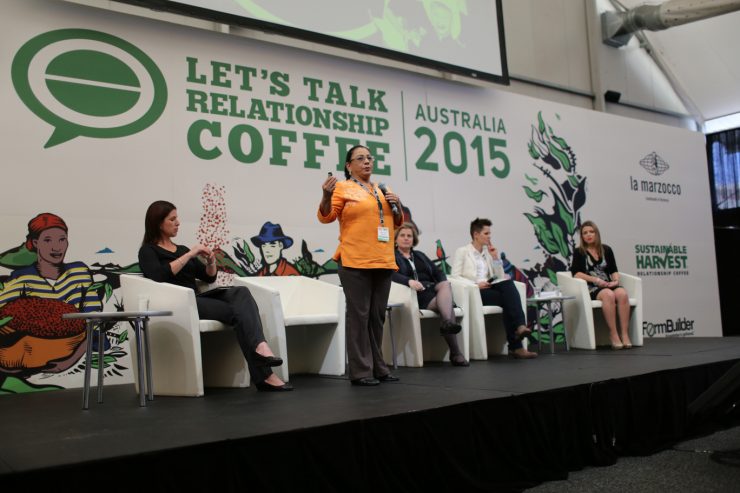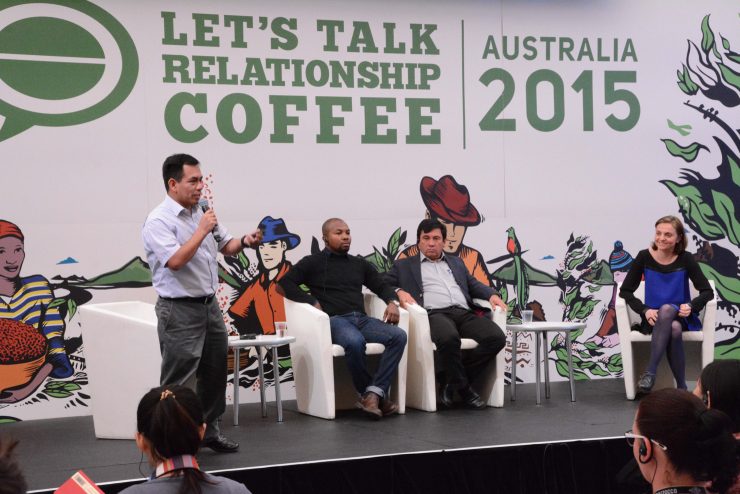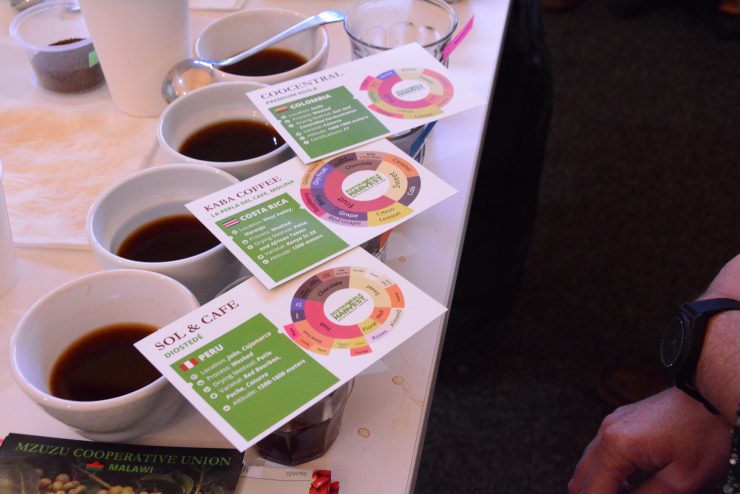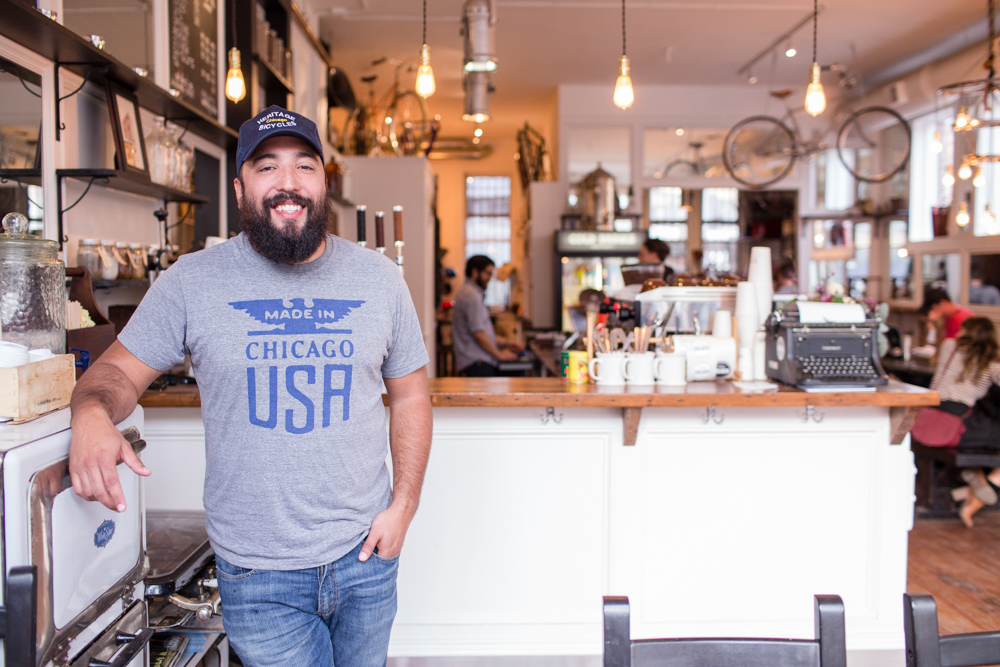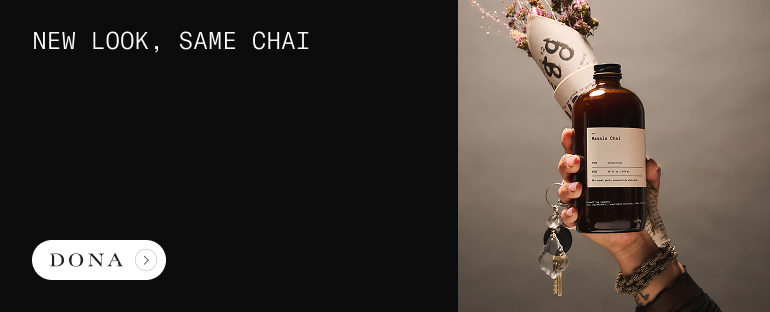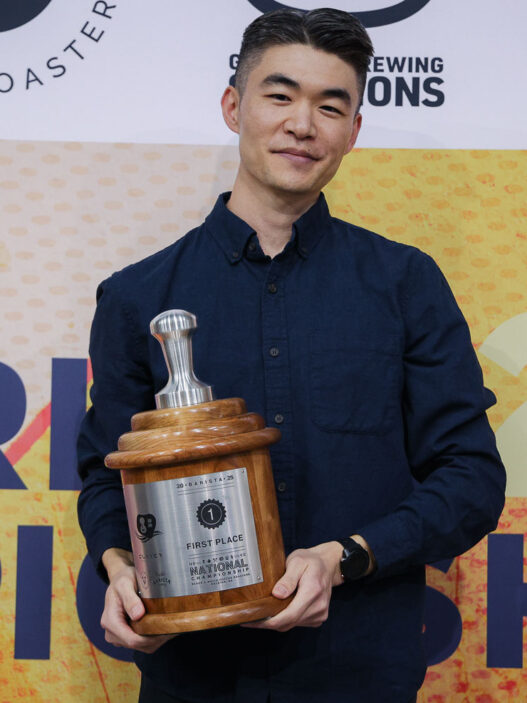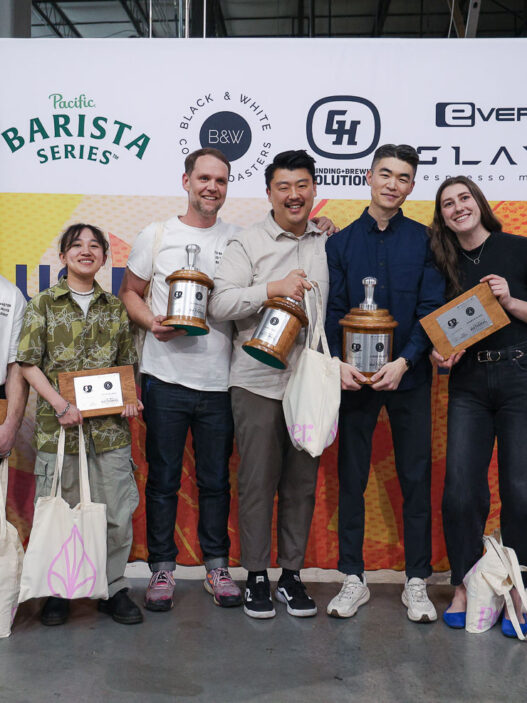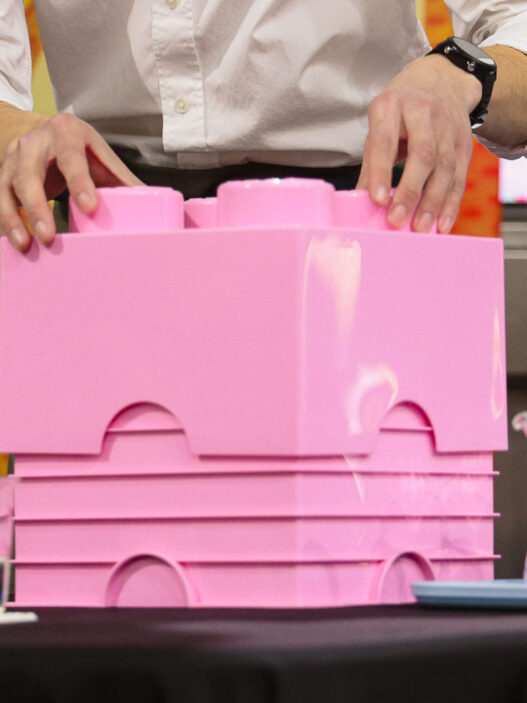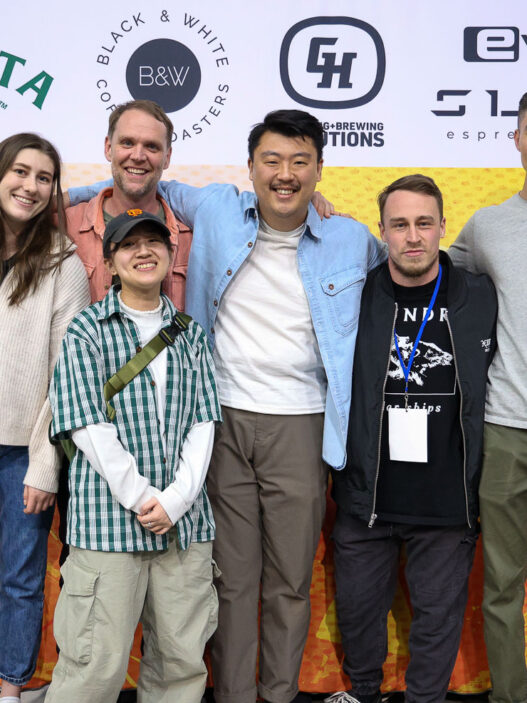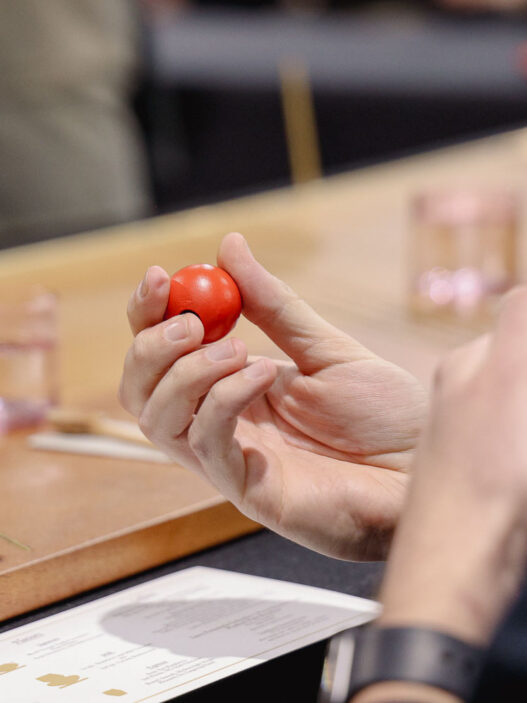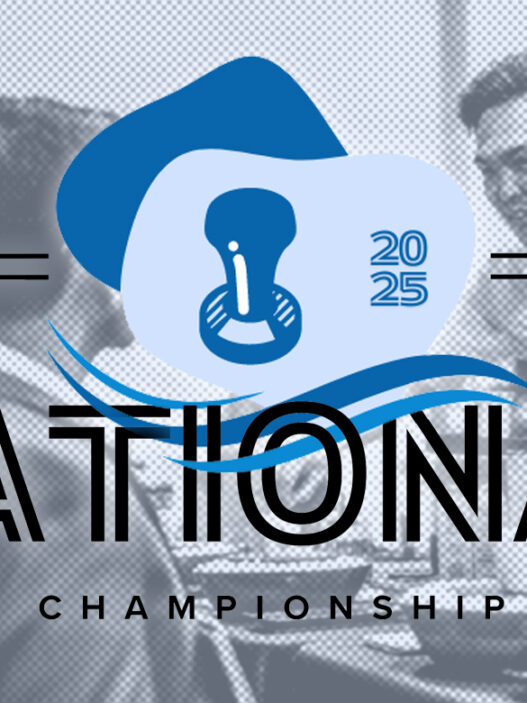In Australia, we’re no strangers to coffee: we roast it, we brew it, we serve it, and we consume it (we even grow it in some parts, but that’s another story altogether). In this, we’re a largely coffee-consuming nation, spending hours perfecting the ideal roast profile and building elaborately fit-out cafes for people to drink delicious coffee in. Most of the world’s great coffee is grown thousands of miles away from here, and the average cost of flight(s) to a producing country is into the thousands as well.
And so it was fitting that our friends and partners at Sustainable Harvest, a Portland, Oregon-based green coffee importing company, chose to present an origin conference in Melbourne, titled Let’s Talk Relationship Coffee, from March 12 through 14. Let’s Talk events typically take place in countries like Colombia, Panama, and Rwanda, but in an ambitious move, Sustainable Harvest brought more than 20 producing partners all the way to Australia—opening up lines of communication between consumers and producers that span vast distances.
Normally, for an Australian coffee buyer or roaster to spend quality time with a coffee producer, it would be at least one long-haul flight overseas—if not multiple flights. At Let’s Talk in Melbourne, you could chat to David Griswold, founder of Sustainable Harvest, in the same 10 minutes as talking to Rachel Peterson of Hacienda La Esmeralda in Panama and Luiz Rodrigues of Fazenda California in Brazil.
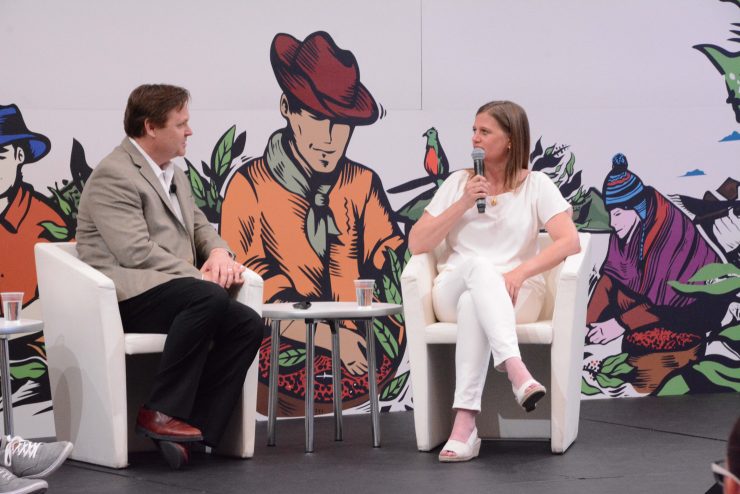
The three-day program kicked off on Thursday with a welcome by Olga Cuellar-Gomez (Sustainable Harvest), followed by a keynote from David Griswold himself. The topics for the first day were informative and varied, from a talk by Trent Knox (Lavazza) about the “one-cup coffee evolution” (with a delightfully tongue-in-cheek screening of the viral “Kill The K-Cup” video), to Wayne Fowler (Gilkatho Coffee) breaking down the financial trends of coffee pricing in Australia. We were also treated to an in-depth panel looking into the innovations driving coffee’s future, including technological advancements for farmers, with insights from Chris Reichart (iForm Builder) and Luiz Rodrigues.
A piece of programming I particularly enjoyed from that first day was the panel discussion focusing on women in coffee—the first of its kind for Sustainable Harvest, moderated by Olga Cuellar-Gomez. The participants represented many parts of the specialty coffee supply chain: Kattia Barrantes (Kaba Café), Fatima Ismael (Soppexcca), Debra Knight (Knight Mattingly Coffee Roasters), and Lucy Ward (Sensory Lab).
Fatima spoke about her group Soppexcca, in Nicaragua, which is making an effort to empower female farmers and to promote their work both in her own country and internationally. She shared with the crowd that in her opinion, to obtain gender equality women and men need to join forces in a positive way. Lucy Ward, on the other end of the supply chain, focused on the competitive nature of the industry, and how women often need to work harder to make a name for themselves within an industry of many “loud” men. Her comments on this topic were apt: “I wish I could be here talking as a ‘person in coffee’ rather than a ‘woman in coffee’.”
It’s worth mentioning the relatively large number of women presenting, speaking, and representing the coffee industry on all levels of the supply chain at Let’s Talk Relationship Coffee. It would be lovely if this trend grew into the norm.
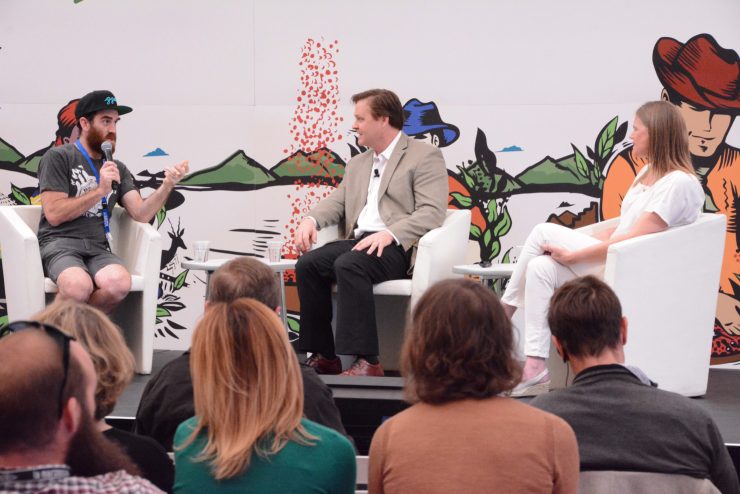
Day Two of the proceedings got started with a conversation between Jorge Cuevas (Sustainable Harvest), Patrick Griffin (INTL FCStone), and Juan David Rendon (Cooperativa de Andes), discussing the financial side of the industry and how to manage the inevitable peaks and troughs of the coffee market. Following on, Nolan Hirte (Proud Mary Coffee Roasters) and Rachel Peterson were joined by David Griswold onstage to talk about one of the coffee world’s most impressive success stories: the Geisha variety. With the Peterson family responsible for growing the Geisha that created incredible waves of hype and record-breaking prices, and Hirte behind the importing and serving of many rare Geishas to the people of Melbourne, this discussion spanned the supply chain. While Geisha is often one of the most expensive varieties in the coffee world, the consensus of the panel was that if it tastes that good, then people are generally happy to pay that price.
The final talk of the second day focused on “A Coffee Farmer’s Day,” utilizing panelists—Javier Dominguez (Sol & Café), Boss Farijallah (Sustainable Harvest), and Mauricio Rivera (Coocentral)—and their experiences to give the audience insight into what day-to-day life looks like at origin. Having Javier Dominguez walk you through a day at his farm, and the steps—such as extensive pruning—that they’ve chosen to take at Sol & Café in an effort to increase their overall quality, was really something special.
The third day brought with it more stimulating and complicated conversation, starting with a panel between Craig Dickson (Veneziano), Daniel Piazzini (Coopeavi), and Andrew Hetzel (CafeMakers) on the topic of specialty robusta coffee. For a long time, the specialty coffee industry has been moving further and further away from robusta, using arabica beans as an indicator of quality differentiation. This discussion opened up the floor to why the industry has gone in this direction, and also what the possibilities are of using quality robusta in specialty coffee.
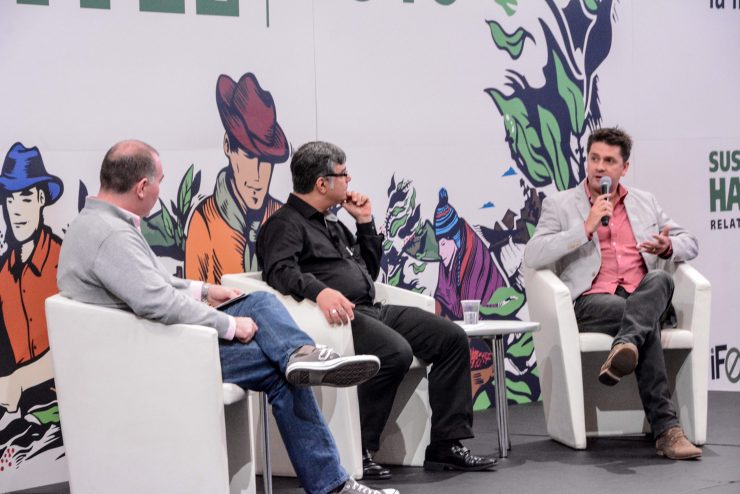
Later that day a rhetorical question was posed: will there be coffee in 2025? The ensuing panel brought together Fatima Ismael, Miriam Monteiro de Aguiar (Fazenda Cachoeira), Santiago Pardo (Colombian Coffee Growers Federation), and Sara Morrocchi (Sustainable Harvest). With climate change and diseases such as leaf rust affecting coffee production, the future of specialty coffee and the sustainability of the industry has become a more important issue to talk about than ever before. That’s why nearly every coffee conference, symposium, and origin-focused event addresses these issues; solutions and progress are being made and the dialogue, global attention, and focus on the future is incredibly important for affected producers and coffee communities.
Over the three days cuppings were held in between each session, presenting attendees with some truly beautiful coffees, many of which making their Australian debut. On the tables, the range of producers represented was fascinating: Azahar Coffee from Colombia, Rutas del Inca from Peru, SICOBI from Mexico, Dukunde Kawa Musasa from Rwanda, Fazenda Cachoeira from Brazil, Sidama Union from Ethiopia, and even the Mzuzu Cooperative Union in Malawi.
Let’s Talk Relationship Coffee was a fascinating look at a number of aspects in the industry. Topics were handled intellectually and respectfully, discussion was open and engaging, and for many attendees and panelists, this short time in Melbourne was a rare and unique opportunity to connect on a number of different levels with faces and coffees they’d only read about. Here’s to more global events, and more damn good coffee like those presented at Let’s Talk, finding their way to Australia.
Eileen P. Kenny is a Sprudge.com staff writer and the publisher of Birds of Unusual Vitality, the coffee interview magazine. Read more Eileen P. Kenny on Sprudge.




